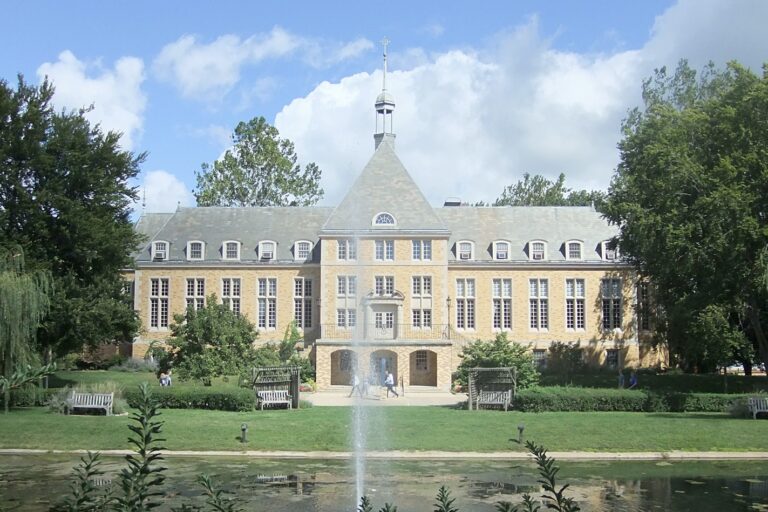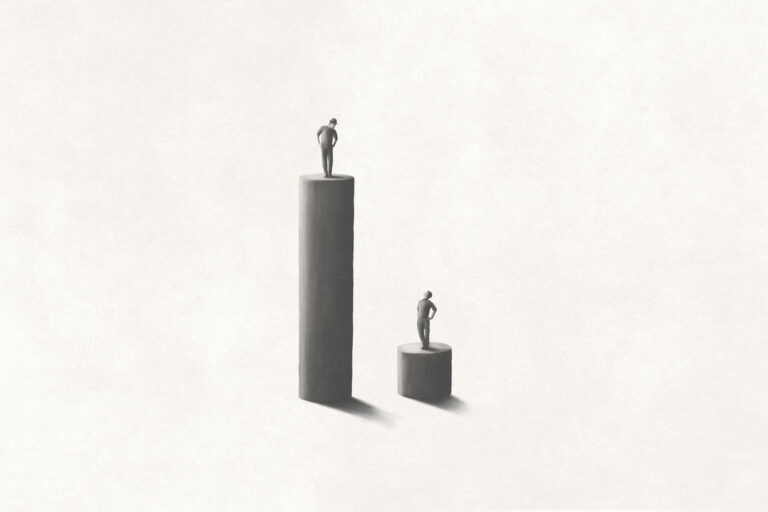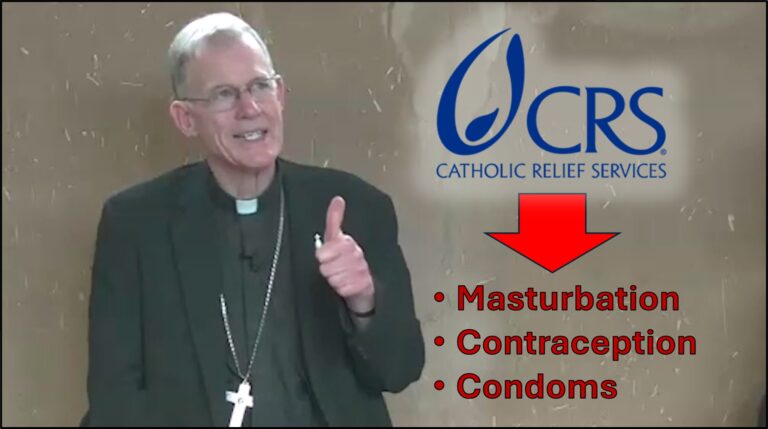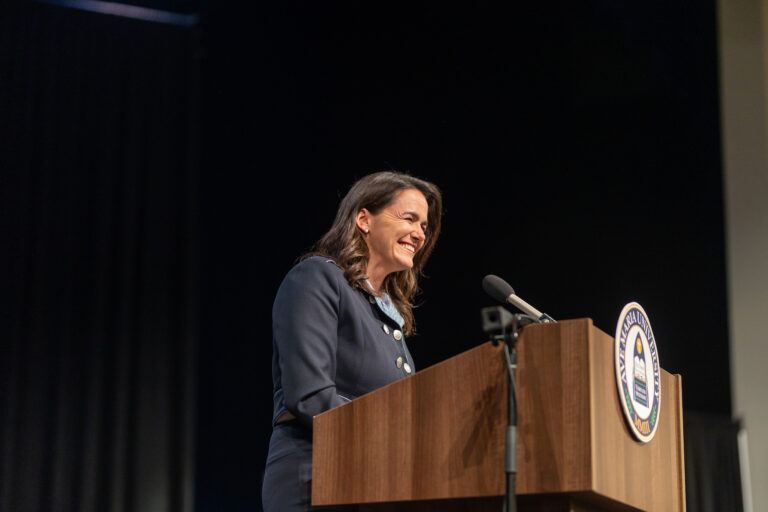Editorial Note: One of the best books ever written on abortion was the work of a sitting president. President Reagan, in the midst of his official duties, made it a priority to instruct Americans in what he saw as the paramount moral issue facing their country. As we mourn the loss of this pro-life champion, who died on June 5, let as take time to reflect anew on his message. The following excerpts are drawn from his 1984 book, Abortion and the Conscience of the Nation.
Make no mistake, abortion-on-demand is not a right granted by the Constitution .… Nowhere do the plain words of the Constitution even hint at a “right” so sweeping as to permit abortion up to the time the child is ready to be born, Yet that is what the Court ruled. As an act of “raw judicial power” (to use Justice White’s biting phrase), the decision by the seven-man majority in Roe v. Wade has so far been made to stick. But the Court’s decision has by no means settled the debate. Instead, Roe v. Wade has become a continuing prod to the conscience of the nation .…
Over the first two years of my administration, I have closely followed and assisted efforts in Congress to reverse the tide of abortion-efforts of Congressmen, Senators and citizens responding to an urgent moral crisis. Regrettably, I have also seen the massive efforts of those who, under the banner of “freedom of choice,” have so far blocked every effort to reverse nationwide abortion-on-demand.
Despite the formidable obstacles before us, we must not lose heart. This is not the first time our country has been divided by a Supreme Court decision that denied the value of certain human lives. The Dred Scott decision of 1857 was not overturned in a day, or a year, or even a decade. At first, only a minority of Americans recognized and deplored the moral crisis brought about by denying full humanity to our black brothers and sisters, but that minority persisted in their vision and finally prevailed. They did it by appealing to the hearts and minds of their countrymen, to the truth of human dignity under God. From their example, we know that respect for the sacred value of human life is too deeply ingrained in the hearts of our people to remain forever suppressed .…
What, then, is the real issue? I have often said that when we talk about abortion, we are talking about two lives — the life of the mother and the life of the unborn child. Why else do we call a pregnant woman a mother? I have also said that anyone who doesn’t feel sure whether we are talking about a second human life should clearly give life the benefit of the doubt. If you don’t know whether a body is alive or dead, you would never bury it. I think this consideration itself should be enough for all of us to insist on protecting the unborn.
The case against abortion does not rest here, however, for medical practice confirms at every step the correctness of these moral sensibilities. Modem medicine treats the unborn child as a patient. Medical pioneers have made great breakthroughs in treating the unborn — for genetic problems, vitamin deficiencies, irregular heart rhythms, and other medical conditions .…
The real question today is not when human life begins, but What is the value of human life? The abortionist who reassembles the arms and legs of a tiny baby to make sure all its parts have been tom from its mother’s body can hardly doubt whether it is a human being. The real question for him and for all of us is whether that tiny human life has a God-given right to be protected by the law — the same right we have…
The 1981 Senate hearings on the beginning of human life brought out the basic issue more clearly than ever before. The many medical and scientific witnesses who testified disagreed on many things, but not on the scientific evidence that the unborn child is alive, is a distinct individual, or is a member of the human species…
Every legislator, every doctor, and every citizen needs to recognize that the real issue is whether to affirm and protect the sanctity of all human life, or to embrace a social ethic where some human lives are valued and others are not. As a nation, we must choose between the sanctity of life ethic and the “quality of life” ethic.
I have no trouble identifying the answer our nation has always given to this basic question, and the answer that I hope and pray it will give in the future. America was founded by men and women who shared a vision of the value of each and every individual. They stated this vision clearly from the very start in the Declaration of Independence, using words that every schoolboy and schoolgirl can recite: “We hold these truths to be self-evident, that all men are created equal, that they are endowed by their Creator with certain unalienable rights, that among these are life, liberty, and the pursuit of happiness.”
Abraham Lincoln recognized that we could not survive as a free land when some men could decide that others were not fit to be free and should therefore be slaves. Likewise, we cannot survive as a free nation when some men decide that others are not fit to live and should be abandoned to abortion or infanticide … There is no cause more important than affirming the transcendent right to life of all human beings, the right without which no other rights have any meaning.










